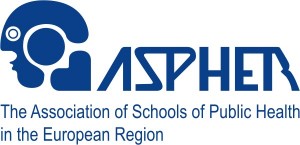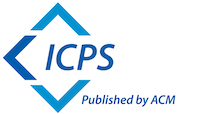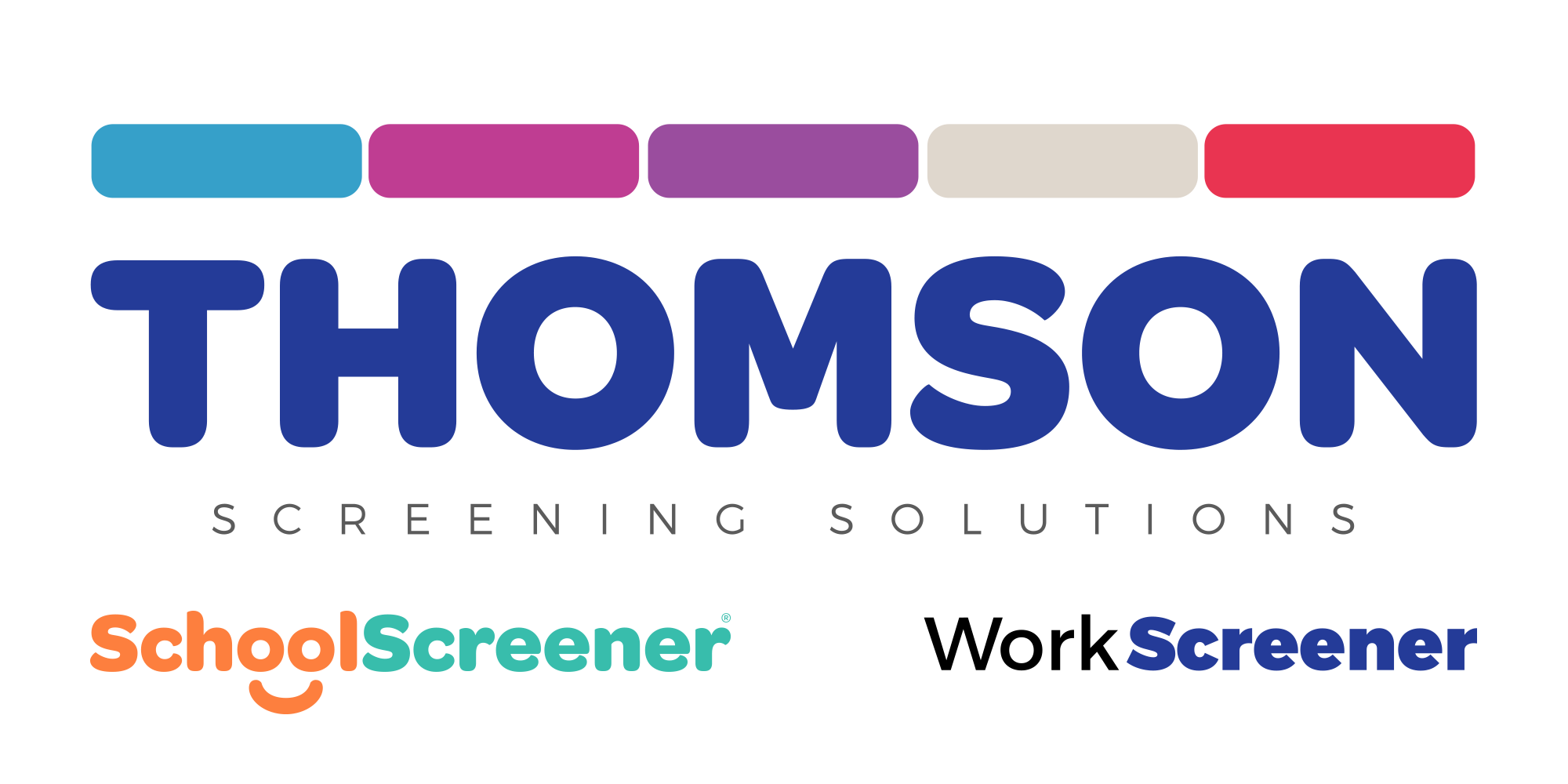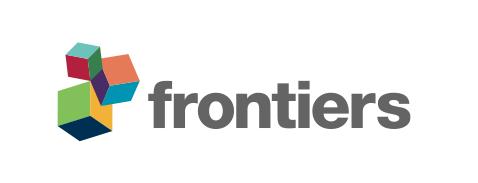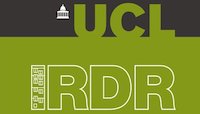Deadline for submission to this track: Tuesday 25th June 2019
Notification of outcome to authors: Week beginning 12th August 2019
Camera-ready deadline: Wednesday 25th September 2019
The DPH 2019 conference review panel welcomes submissions from colleagues across professions and sectors with an interest in digital public health. The quality of the programme depends on your submissions and we thank you for choosing this conference to present and share your work.
The DPH 2019 Main Track is specifically for work with a technical focus (e.g. Computer Science, Data Science
Submission format
Your work can be submitted to this track in the following formats:
- Long research paper – max. 10 pages
- Short research paper – max. 5 pages
- Poster presentation or Demo – max. 500 words
All submissions must:
- be written in English;
- contain author names, affiliations, and email addresses;
- conform to the DPH conference publication policies;
- be formatted according to the ACM SigConf Proceedings template with a font size no smaller than 9pt – Click here to download the template available in both MS Word and LaTeX format
- be in PDF (make sure that the PDF can be viewed on any platform), and formatted for US Letter size
How to submit
All submissions to this track must be made via the DPH online system. You will be prompted to create an ‘EasyChair’ account on your first visit if you do not already have one. Submissions must be submitted in the required format.
Review process
Long paper, short paper and poster & demo submissions will be reviewed by the DPH 2019 review panel and assessed on a number of criteria including written quality, scientific contribution, originality, suitability for the conference scope and overall quality. Each submission is reviewed by at least two members of the panel according to the reviewing criteria. From time to time panel members may feel that a particular submission lends itself to a different format to that which is proposed, and in these cases, authors will be invited to consider an alternative format. Authors will be notified of the outcome via email in the week beginning 12th August.
Publication of your work
Successful long and short paper submissions will be published in the ACM Digital Public Health 2019 proceedings. Successful poster and demo presentations will be published on the DPH 2019 conference website.
Inclusion in the conference programme
Successful long and short paper submissions will be allocated a 15-minute (timing dependent on programming) oral presentation within the main conference programme in which to present their work. Sessions will be grouped together with other presentations covering similar topics and/or methodologies.
Successful poster and demo submissions will be invited to prepare and submit a digital version of their Poster / Demo for display during the conference and for publication on the DPH 2019 website, prior to the conference. Poster and Demo presenters will be assigned a presentation time at which their poster will be displayed on the screens in the exhibition area. Poster walks will be grouped according to similar topics and/or methodologies and presenters should be available at this time to present their work and answer questions from the conference audience. All conference delegates (DPH and those attending the main European Public Health conference) will have
Important information
All presenters are expected to register and pay for the conference at the appropriate rate. Failure to do so may result in authors and their work being removed from the proceedings and programme. It is the authors’ responsibility to ensure that their submission adheres strictly to the required format and complies with DPH conference policies. Page limits stated include references. Submissions that do not comply with the guidelines may be rejected without review. Any paper of four pages or more that has been accepted for a journal or conference after peer reviewing, constitutes previous work and will be considered as self-plagiarism and will influence the review panel’s assessment of the submission’s novelty and relevance.


